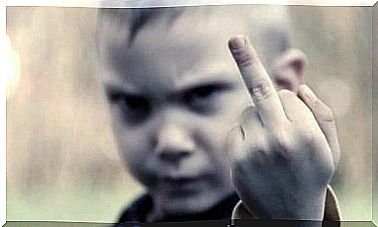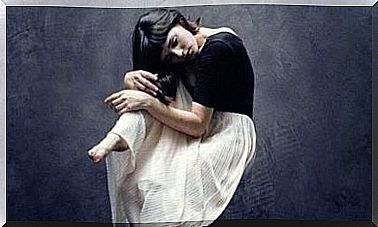A Childhood Trauma That Predisposes People To Psychosis
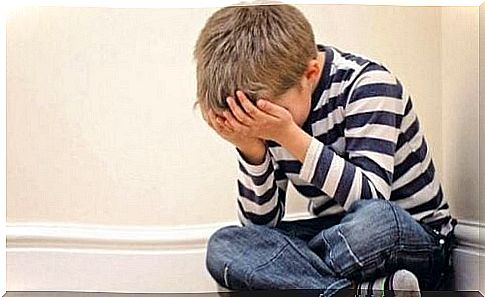
Many parents underestimate the importance of bullying between their children. They defend this behavior by saying things like “all siblings do that” and believing it doesn’t go beyond that. But that’s not what a Cambridge University study has found. This study established that bullying within the family is a childhood trauma that makes people more susceptible to psychosis.
Family bullying is defined as systematic and continuous behavior that aims to harass, intimidate, or belittle another family member. This kind of behavior mainly arises between siblings. The result is childhood trauma. It is often an older sibling who bullies a younger one.
What the bully wants is to upset his victim emotionally. 3,600 people participated in this study. The research revealed that this type of behavior is the source of childhood trauma. And this kind of trauma predisposes people to psychosis. In simpler words, people who have been bullied by their sibling have a higher risk of ‘going crazy’. That is, to lose touch with the socially accepted reality.
Bullying in the family – an early source of trauma
Children are irresponsible and unaware of the consequences of their actions. Despite this , there are traces of psychopathy even at a young age, and especially in a dysfunctional family. In these cases, one of the siblings psychologically attacks the other. In this way, younger family members are often the victims. But this can also happen to older siblings.
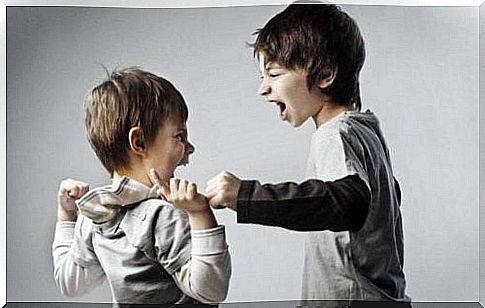
One of the siblings constantly teases, bullies or humiliates the other. This usually happens during games, or at least what a game should be. Bullying is also often disguised as a joke, a challenge, or a competition. The goal, almost always unconsciously, is to exclude or ignore one of the family members.
Usually, the bully sees the victim as a threat to their power within the family structure. That is almost never true. It is actually mainly an idea that arises from uncertainty, jealousy or projection. This is how the cycle of childhood trauma begins.
The victim of the bullying
The victim of the bullying is often someone who is friendly, intelligent, or attractive. Any positive trait that makes him or her stand out is seen as a threat and this is how the dramatic cycle of bullying begins. However, sometimes the opposite is also true. The victim has a condition and his or her siblings are jealous of the attention he or she gets as a result.
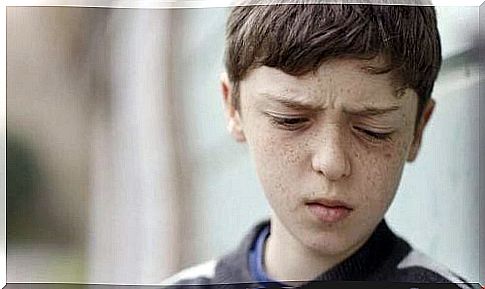
In families with many behavioral problems , we see that it is the parents who abuse one or all of their children. This allows the child to project this behavior onto one of the other children.
In general, victims have two options. They can escape by fleeing from their home, or from reality. In the first case, they also lose their family and the ties they have with it and become trapped in a void. But in the second case, there is childhood trauma that predisposes them to psychosis. They can develop schizophrenia, bipolar disorder, or major depression, all of which can cause psychosis or delusions.
A childhood trauma that predisposes people to psychosis
According to the University of Cambridge , children who are bullied by their siblings are two to three times more likely to develop psychosis in adult life. Those who are also bullied at school are up to four times more likely to develop a serious mental disorder. In summary, bullying is a childhood trauma.
Bullying between siblings can take many forms. It may consist of recurring “jokes” to scare the other person, constant teasing, or criticizing everything the victim thinks, says or does. It is something that can also take physical forms, especially between boys, sometimes disguised as “wrestling” or fighting games.
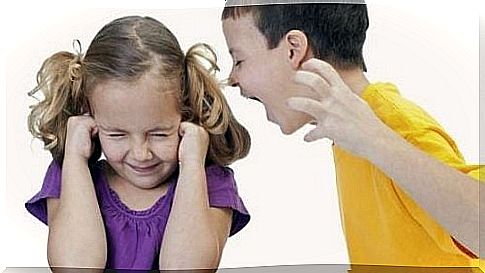
Either way, the parents are ultimately responsible for allowing this childhood trauma that can lead to psychosis to develop and continue. They have control over how the children play and what rules apply. If they don’t do this properly, they foster the dysfunctional family or they lack control. In either case, this is irresponsible behavior.








